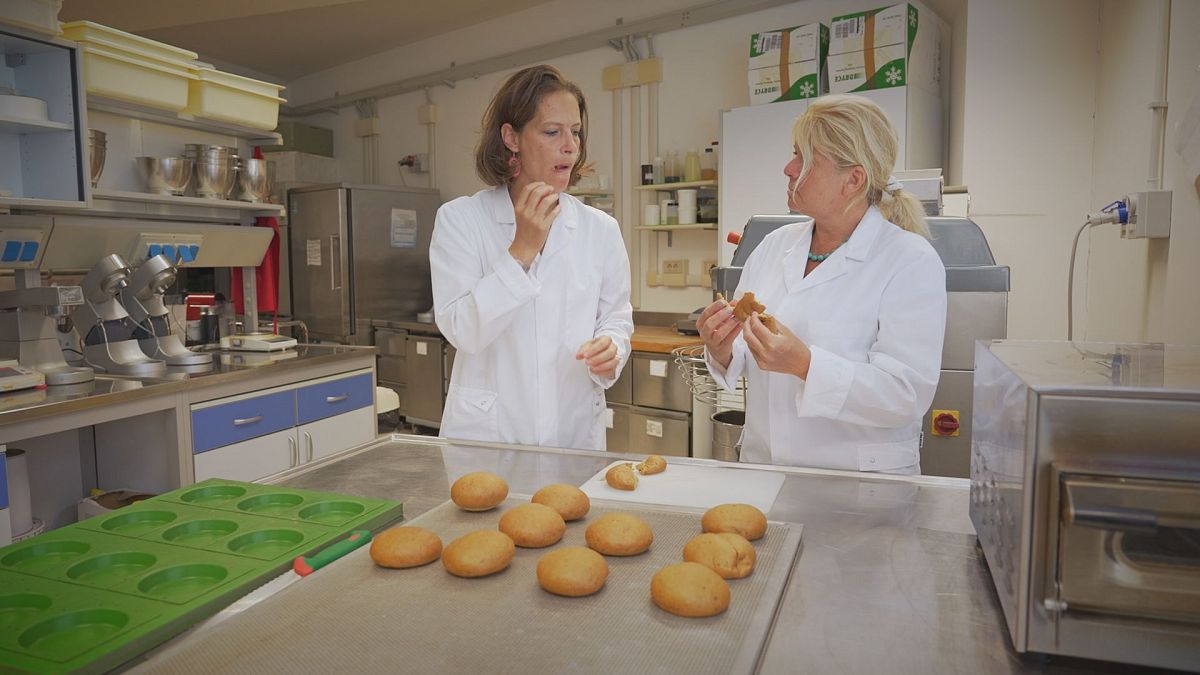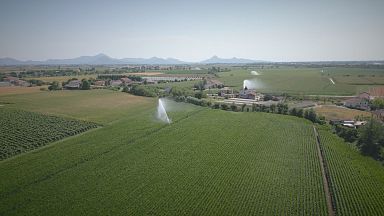The ‘Re-cereal' initiative not only seeks to boost biodiversity by reintroducing traditional crops, but it is also a scientific project. Institutions as well as public and private entities are involved in the project to optimise cultivation methods, producing robust crops and gluten-free foods.
In the middle of the last century, the intensive cultivation of wheat and maize replaced oats, millet or buckwheat in the Alpine regions of Austria and Italy. Re-cereal is a European transnational project to reintroduce these varieties in the territory.
Near Montagnana, in the Veneto region of northern Italy, traditional millet cultivation has made its way among larger plantations of wheat and maize. These cereals make it possible to produce foods suitable for people who are gluten intolerant.
The ‘Re-cereal' initiative not only seeks to boost biodiversity by reintroducing traditional crops, but it is also a scientific project.
The company Dr Schär, is Europe's leading producer of gluten-free foods and has its research and development centre in Trieste.
For more than two years, the firm has been analyzing the genetic, agronomic and nutritional properties of ten different varieties of buckwheat and twelve other varieties of millet. Millet, in particular, is a crop that responds very well even under difficult climate conditions. This year, not only in Italy, but all over Europe, there has been a great heatwave which has lead to a drought, and this is unlikely to be a problem for this year alone.
Set up six years ago, the total budget for 'Re-cereal' is over 1.3 million euros, of which almost one million comes from the "European Cohesion Policy". The initiative is a cross-border cooperation project, between Italy and Austria.
Institutions as well as public and private entities are involved in the project to optimise cultivation methods. New technologies are also being developed to manufacture flours from buckwheat, millet and oats, with special characteristics, to promote their use in the production of gluten-free foods and other traditional foods.

